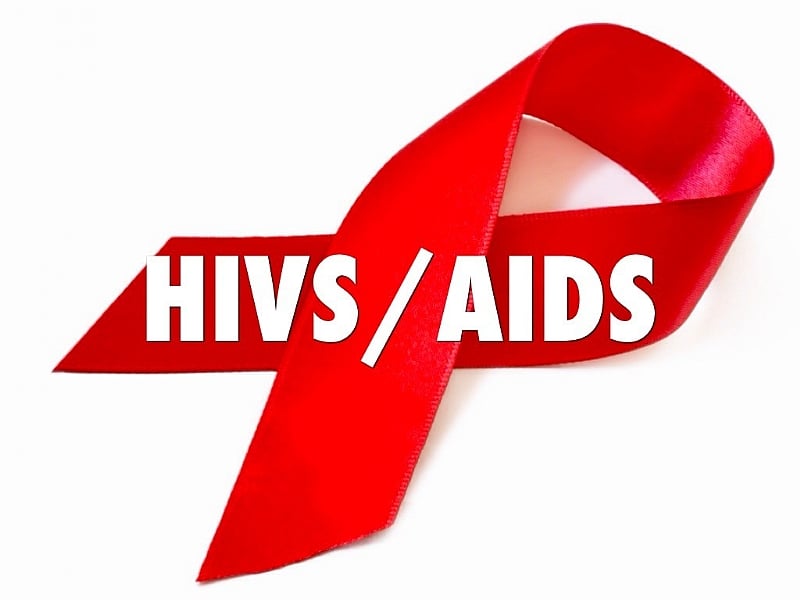The global HIV/AIDS response faced a potential crisis in early 2017 when the newly inaugurated US President Donald Trump issued an executive order imposing a 90-day pause on all foreign aid, including funding for HIV/AIDS programs. This raised immediate concerns about the impact on countries heavily reliant on US support, particularly through the President’s Emergency Plan for AIDS Relief (PEPFAR). While PEPFAR is a critical source of funding for HIV/AIDS programs in many countries, Ghana’s reliance on the program is primarily focused on three specific regions – Western, Western North, and Ahafo – and does not include the procurement of antiretroviral (ARV) medications. Consequently, the initial executive order, while alarming, was not expected to significantly disrupt Ghana’s access to essential HIV medications.
Ghana’s relative insulation from the immediate impact of the executive order stemmed from the diversified funding sources for its HIV/AIDS program. The country’s ARV medication supply is primarily funded by the Global Fund and the Ghanaian government, ensuring that access to treatment would continue uninterrupted for all regions, regardless of PEPFAR’s involvement. This fortunate circumstance placed Ghana in a significantly better position than other countries, such as Tanzania, South Africa, and Kenya, which were more heavily reliant on PEPFAR for ARV procurement and faced a potential crisis in access to life-saving treatment. Dr. Stephen Ayisi Addo, Programme Manager of Ghana’s National HIV and AIDS Control Programme (NACP), reassured the public that the country had sufficient medication stocks to meet the needs of all regions and emphasized the importance of continued vigilance and resource mobilization to ensure long-term sustainability of the program.
Despite Ghana’s relatively secure position, the executive order highlighted the vulnerability of relying on external funding for essential health services and emphasized the importance of strengthening domestic resource mobilization for HIV/AIDS programs. Advocates, including Ernest Ortsin, President of the Ghana HIV and AIDS Network (GHANET), stressed the need for Ghana to take proactive steps to mitigate future risks. This included exploring the feasibility of local production of ARV medications, intensifying HIV prevention programs, and ensuring that individuals diagnosed with HIV remain on treatment to suppress viral load and prevent further transmission. Ortsin also advocated for the establishment of a National HIV and AIDS Fund to enhance the country’s financial capacity to respond to such challenges and reduce dependence on external funding.
The potential crisis was ultimately averted when US Secretary of State Marco Rubio approved an “Emergency Humanitarian Waiver,” exempting life-saving medical assistance, including HIV treatment, from the funding pause. This waiver allowed the continuation of essential services in 55 countries, providing much-needed relief to millions of people living with HIV who depend on US-funded programs. The near miss underscored the critical role of PEPFAR in the global HIV/AIDS response, supporting over 20 million people living with HIV, representing two-thirds of those receiving treatment globally. The waiver allowed for the resumption of crucial medical supplies and services, ensuring the uninterrupted flow of life-saving treatment.
While the waiver provided immediate relief, the initial scare served as a wake-up call for Ghana and other countries to strengthen their own HIV/AIDS programs and reduce dependence on external funding. Elsie Ayeh, President of NAP+ Ghana, highlighted the potential devastating consequences if the executive order had been fully implemented, emphasizing the potential increase in AIDS-related illnesses and deaths, particularly among children, mothers, and pregnant women living with HIV. The incident underscored the urgent need for Ghana to prioritize domestic resource mobilization, explore local production of ARVs, and ensure the long-term sustainability of the national HIV/AIDS program. The experience reinforced the importance of building more resilient health systems that are less susceptible to external shocks.
The events surrounding the temporary funding pause for US foreign aid highlighted the interconnectedness of global health and the importance of collaborative efforts to address global challenges like HIV/AIDS. While the immediate crisis was averted, the incident underscored the need for countries to take greater ownership of their health programs and reduce reliance on external funding to ensure long-term sustainability and resilience. The call for greater domestic resource mobilization, coupled with efforts to strengthen local capacity for ARV production, represents a critical step towards building more robust and self-sufficient health systems better equipped to respond to future challenges. The experience also emphasized the importance of ongoing dialogue and collaboration between governments, international organizations, and civil society to ensure that life-saving interventions for HIV/AIDS and other global health priorities are protected from disruption and reach those who need them most.














